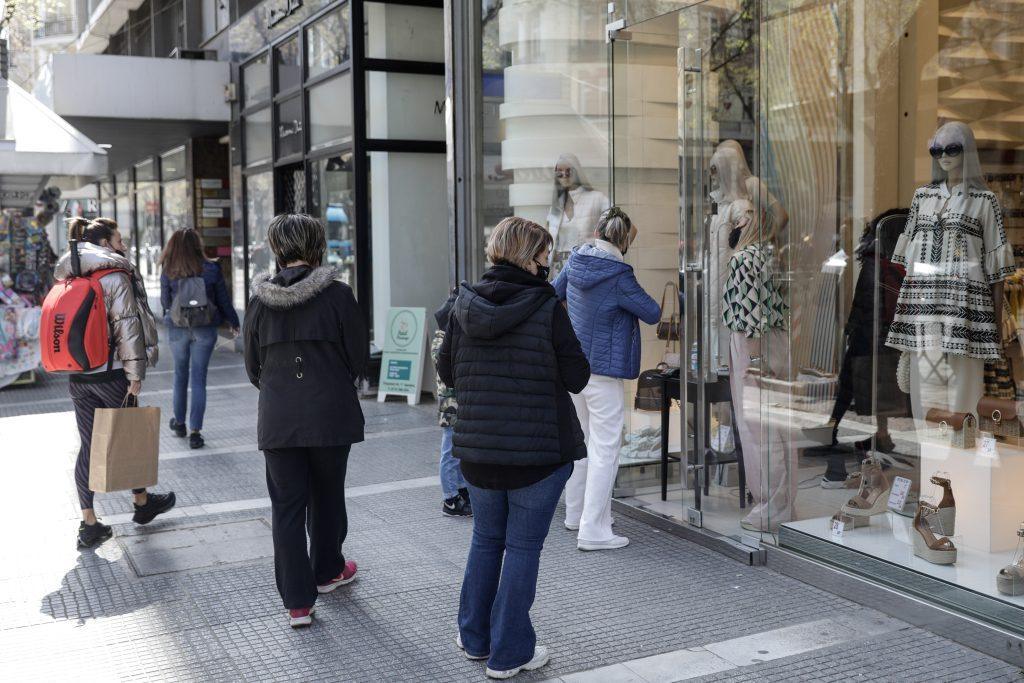A new barrage of increases in the prices of ferry tickets is expected in the next period due to the skyrocketing fuel costs but also the cost of repairing and maintaining the ships. From tomorrow with new increased prices up to 12% ferry companies will welcome the summer season from April 1 on the lines from Rafina and announce new ones next month.
On the lines from Piraeus, increases in ticket prices by 9% -10% have already been recorded since mid-March, while a new increase of 5% is expected near Easter.
According to representatives of ferry companies, the increases are due to the very high price increases of marine fuels, but also to the increase in the cost of other services to passenger ships, such as maintenance and repair costs and premium increases.
According to ot.gr, a factor in coastal shipping is that within two years the cost of specific maintenance work on a passenger ship increased by 110% at the same shipyard due to rising steel costs.
Premium increase
Also in the last two years the insurance premiums (hull & Machinery) have increased significantly due to the losses shown internationally by the passenger ship industry.
As for fuel, it is recalled that at the end of December the price of the most common marine fuel (low sulfur) was close to 570 euros per ton, while now it is over 1,000 euros per ton, an increase of about 75%. Just yesterday, for the first time in months, marine fuel fell below 1,000 euros per ton. Much will depend in the coming days on the course of maritime fuel, however in any case the coastal shippers consider that a new increase in ticket prices is the only way until measures are taken to prevent sustainability problems for shipping companies and maintain the service of Greek islands on an acceptable level .
Discussions on measures
Information from the Ministry of Shipping states that discussions are taking place with the co-responsible Ministry of Finance, to take some measures but no final decisions have been made yet.
However, what the shipping industry is asking from the Minister of Shipping, Giannis Plakiotakis, is to pay to the shipping companies that serve barren lines the 42 million euros that are owed to them from last year and relate to rents for routes that have been executed.
They also demand the abolition of mandatory discounts that apply to various categories of passengers. Coastal shipping is the only transport sector that is required to have discounted tickets for various categories of passengers for which the state pursues a social policy without compensating the companies.
These measures can be implemented immediately, say industry officials, stressing that the state must understand that coastal shipping is mainly conventional ships that operate all year round and pay for the expensive oil all year round to serve the islands.
It is recalled that the Association of Passenger Shipping Companies (SEEN) has submitted a memorandum to Mr. Plakiotakis requesting a package of seven measures to support the industry.
Ceiling enforcement
The measures concern the imposition of a kind of ceiling on the prices of marine fuels on the basis of the average price of the previous December, the temporary reduction of VAT to the level of 6% and its return to 13% if fuel prices fall to the levels of December, the subsidy of employer contributions as was done during the pandemic, the announcement of additional public service lines as was done during the pandemic, the increase of rents for the existing barren lines of one year duration by at least 30%, the temporary suspension of the mandatory discounts implemented in various categories of passengers by the shipping companies, the enhancement of liquidity with the immediate payment of most of the 42 million euros owed by the Ministry to the shipping companies for route services that have already been carried out.
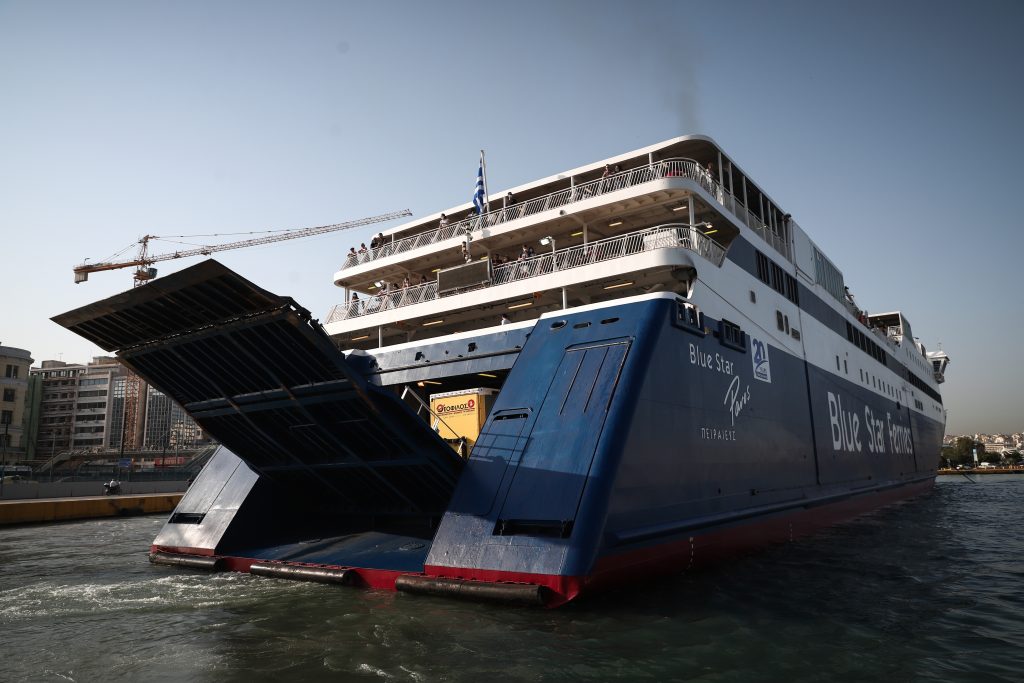


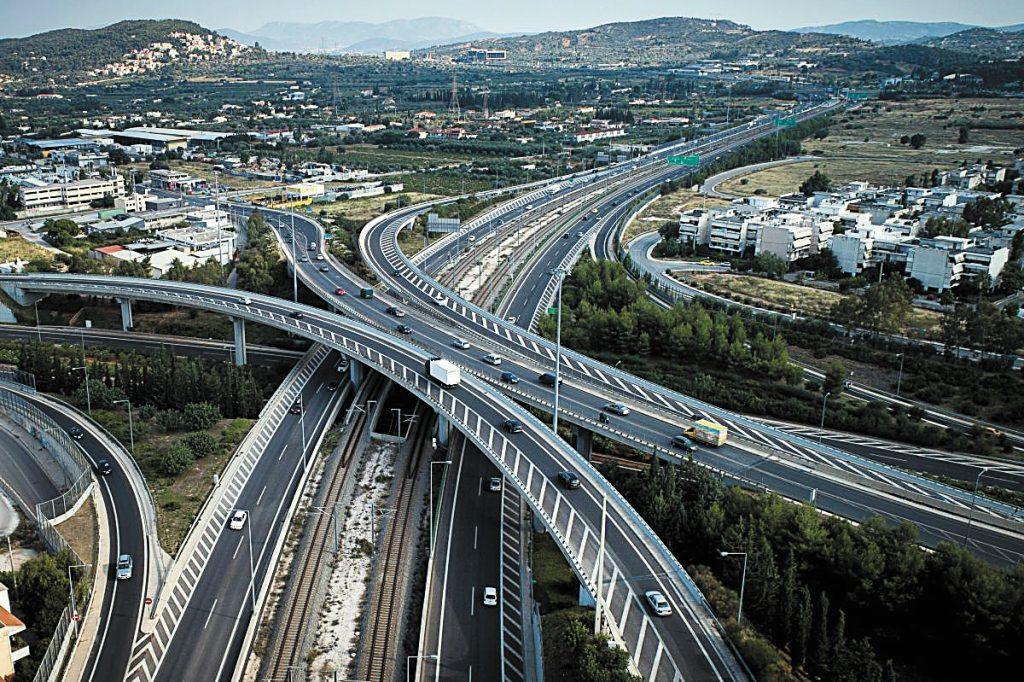
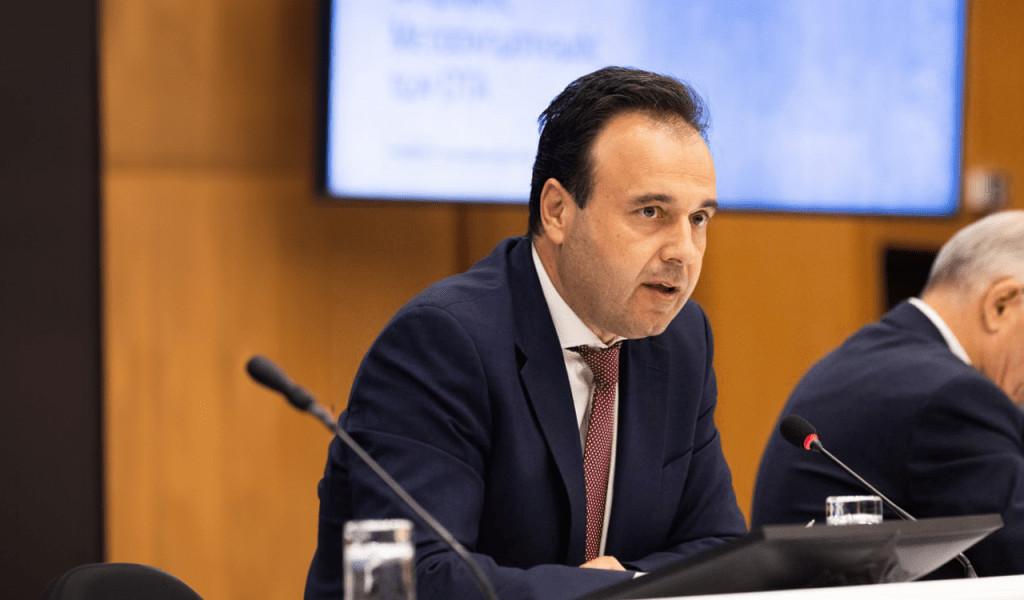






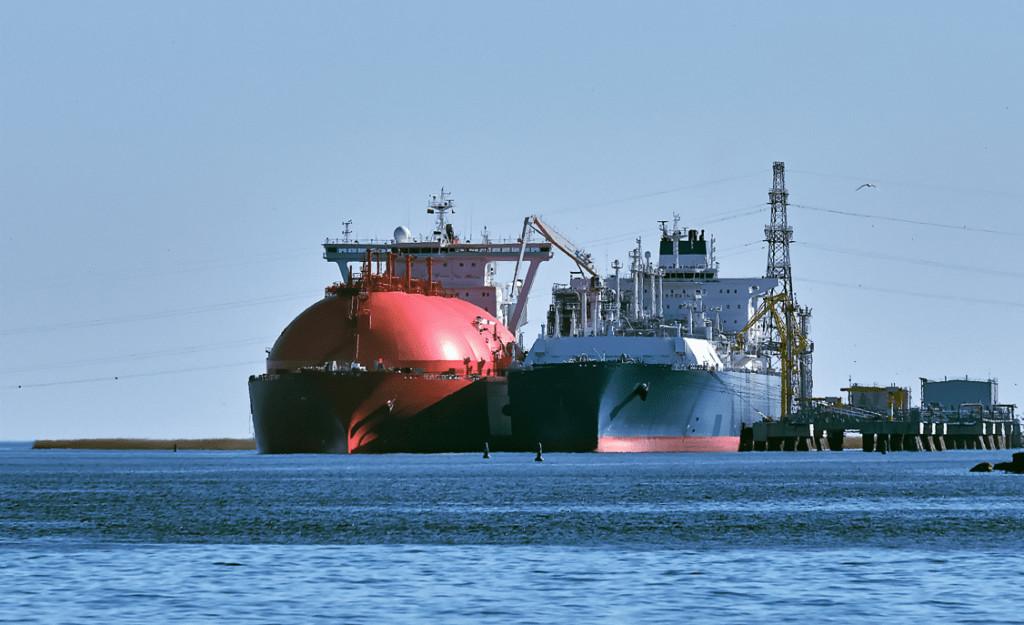

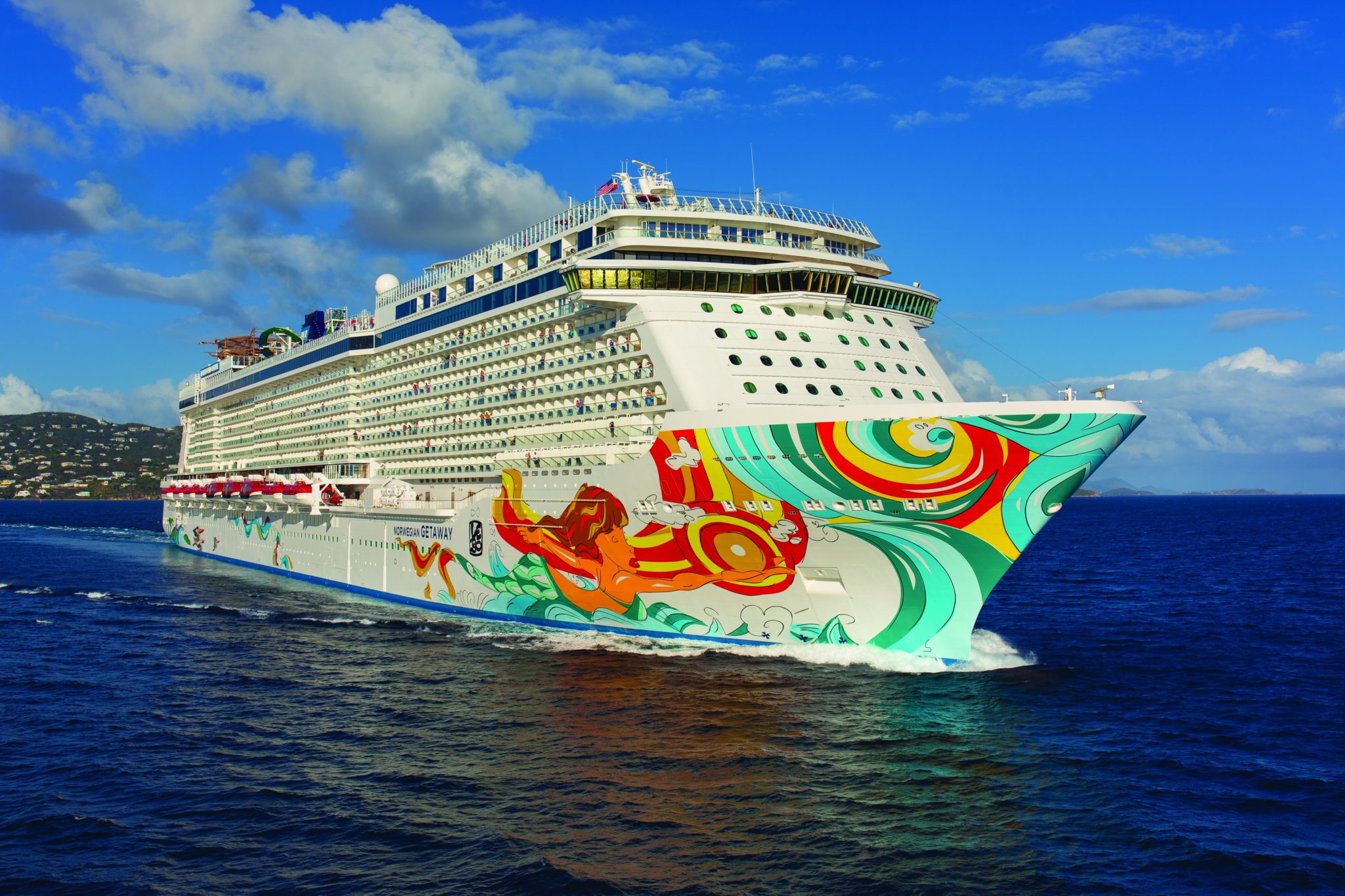

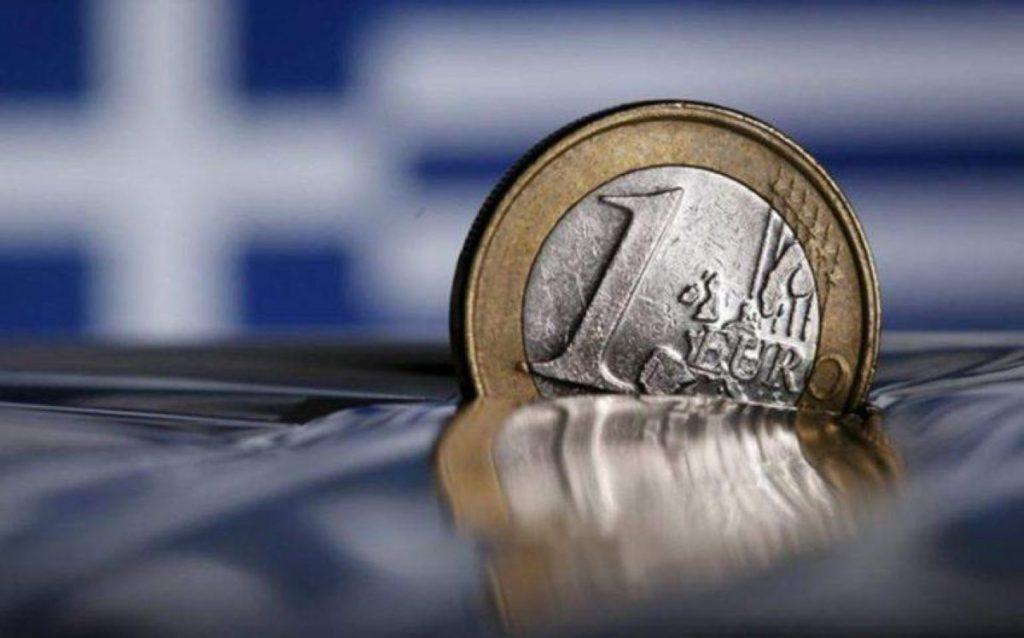
![Στεγαστική κρίση: Γονατίζει ένα στα τρία νοικοκυριά [πίνακας]](https://www.ot.gr/wp-content/uploads/2026/02/akinita26-4.jpg)
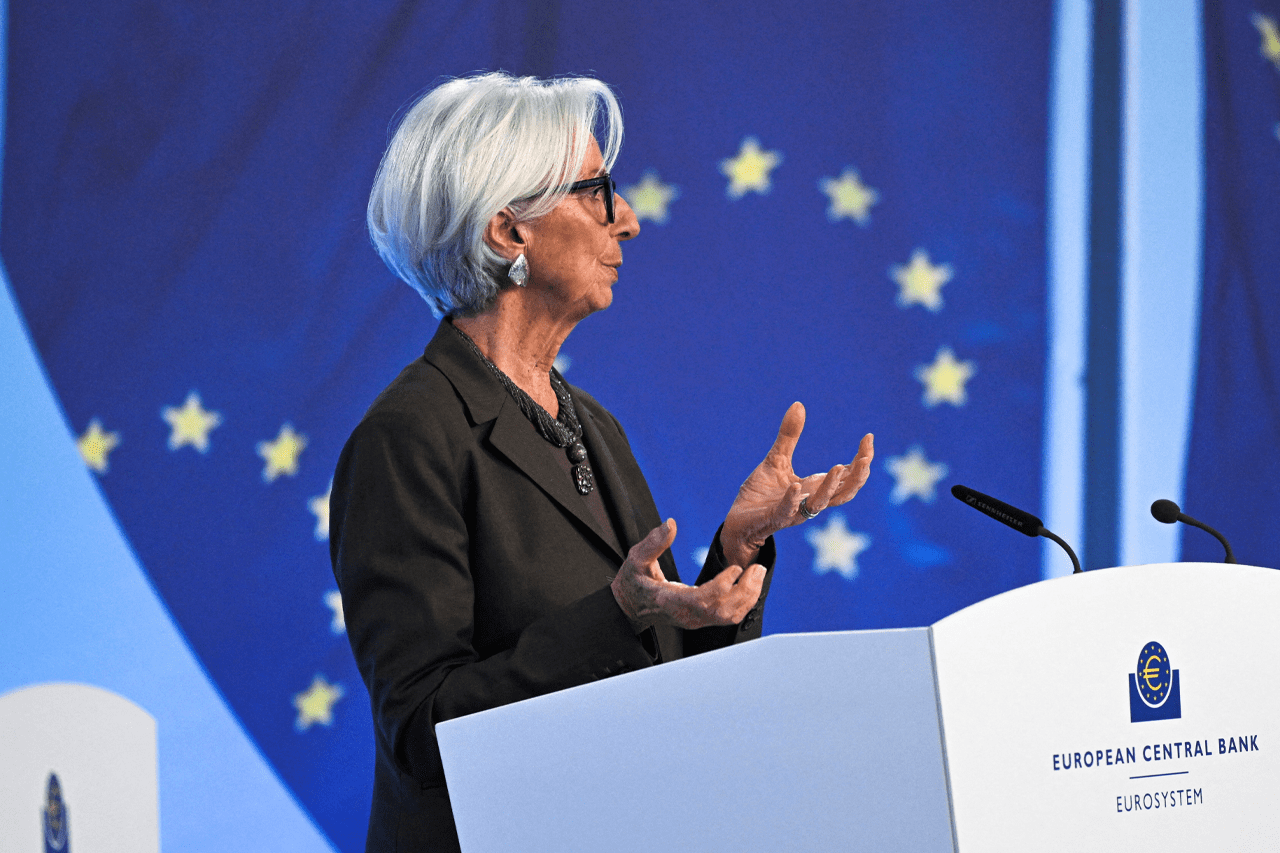








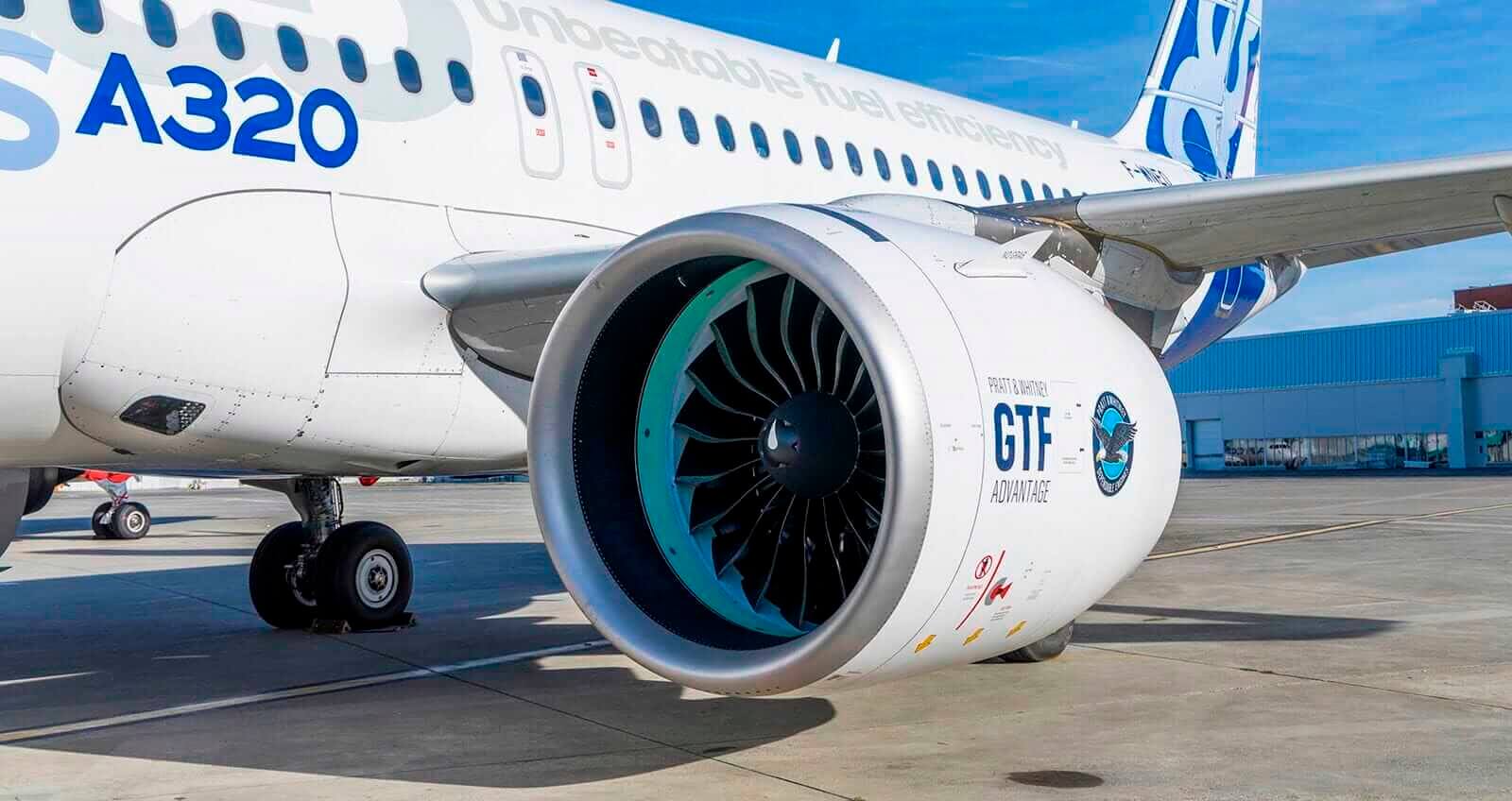






![Γραφεία: Ανοδικά οι επενδύσεις – Deals άνω των 500 εκατ. [πίνακες]](https://www.ot.gr/wp-content/uploads/2026/02/19_02_ot_grafeia_EXO.jpg)


